A group of 20 specialist Tanzanian doctors will travel to the Comoros Islands from October 5 to 12, 2025, to run a week-long free medical camp in the city of Anjouan. The initiative, announced by Dr. Peter Kisenge, Executive Director of the Jakaya Kikwete Cardiac Institute (JKCI) and Chair of the National Medical Tourism Committee, includes hospitals such as Benjamin Mkapa Hospital (Dodoma), Muhimbili National Hospital (MNH), Ocean Road Cancer Institute, Muhimbili Orthopaedic Institute (MOI), and JKCI itself.
These specialists will provide services in fields including cardiology, oncology, orthopaedics, neurology, nephrology, along with urology, dermatology, ENT (ear-nose-throat), dentistry, and gastroenterology.

Why This Initiative Was Launched
This medical outreach comes at the direction of Tanzanian President Samia Suluhu Hassan, following her state visit to the Comoros. She identified a need for more specialised medical care in Comoros and instructed that a team be sent.
The decision also follows positive outcomes from a similar camp held in Moroni in 2024, where over 2,700 Comorian patients received specialist care from Tanzanian doctors.
What It Means for Africa
- Strengthening Healthcare Access Across Borders
Many smaller or less-resourced countries in Africa suffer from lack of specialists. By exporting specialist teams from Tanzania to Comoros, the initiative helps narrow care gaps for complex conditions without requiring patients to travel far or incur huge costs. - Promoting Regional Health Integration and Medical Diplomacy
This reflects a growing trend in Africa of cross-border health cooperation. As countries build medical capacity, they can support neighbours. Such camps also build trust and networks for further collaboration (shared training, referrals, and resource sharing). - Boosting Medical Tourism and Local Capacity
Tanzania is using these camps not just as goodwill but also as part of positioning itself as a regional health hub. These efforts help to showcase specialist capabilities, attract investment in health infrastructure, and may lead to increased demand from foreign patients.
Tanzania’s Push to Become a Medical Tourism Hub
Tanzania has been pushing to expand its medical tourism sector. The National Medical Tourism Committee, chaired by Dr Kisenge, has identified several major hospitals (including JKCI, MNH, MOI, ORCI, and Mkapa Hospital) to lead in this drive.
In recent years, Tanzania has hosted free medical camps domestically, serving thousands of people across various specialities, including eye care, oncology, and maternal health, to provide specialist care while building public prestige and capacity.

Local and Regional Comparisons
- Tanzania-Comoros Camps: In 2024, around 2,770 Comorian citizens were treated in a camp held in Moroni by Tanzanian specialists.
- Domestic Camps in Tanzania: Recent specialist camps in Tanga and Kilimanjaro regions served about 3,800 people. Services included eye, ENT, maternal and child health, skin, dentistry, etc.
These comparisons show the scale is similar but cross‐border camps carry additional logistical and diplomatic dimensions.
Operational and Logistical Details
- Organisers: The camp is coordinated by Tanzania’s Ministry of Health together with the National Medical Tourism Committee; Global Medicare is also involved.
- Referral and follow-up: Patients requiring more advanced care will be referred to facilities in Tanzania.
- Specialists: Teams include doctors from various disciplines such as cardiology, neurosurgery, oncology, etc.
Barriers to Sustaining Cross-Border Medical Camps
- Sustainability: One-off camps are useful, but continuous access to specialist care requires long-term infrastructure investment in Comoros itself.
- Cost and resources: Moving specialists, securing equipment and medicines, as well as managing follow-ups across international borders involves significant cost and coordination.
- Quality assurance: Performance, outcomes, and post‐treatment support must be monitored; referrals imply travel and sometimes expense for patients.
Ghana’s Experience with Specialist Outreach
In Ghana, the “Outreach Programmes” by teaching hospitals (e.g. Korle Bu Teaching Hospital, Komfo Anokye) similarly bring specialist teams to underserved areas. These programmes show that when specialist care is delivered locally, diagnostic delays reduce, patient satisfaction improves, and health outcomes improve. This model aligns with what Tanzania is doing for Comoros.
Regional Health Partnerships Highlight Benefits and Gaps
The October medical camp underscores Tanzania’s growing role as a regional provider of specialist healthcare. It demonstrates how health cooperation can bridge gaps where local systems are under-resourced. For Comorian patients, this may mean better access to diagnosis and treatment; for Tanzania, enhanced reputation and capacity. Yet, long-term improvements will depend on sustained investment, patient follow-ups, and strengthening local facilities.
Read also: Revolutionary Breakthrough: AI-Designed Antibiotics to Combat Gonorrhea and MRSA Superbugs



